Discover the secrets to cultivating beautiful Begonia in your garden or home. This comprehensive guide covers everything from choosing the right varieties and providing ideal growing conditions to proper watering, fertilizing and propagation techniques. Learn expert tips and tricks to keep your begonias thriving and blooming year-round, while troubleshooting common problems. Transform your space into a vibrant oasis with these beloved, colorful plants.
Begonia are among the most beloved and versatile flowering plants, prized for their vibrant blooms, lush foliage and ability to thrive both indoors and outdoors. With hundreds of species and countless hybrids available, these charming plants offer an incredible diversity of colors, shapes and sizes to suit any gardener’s taste. Whether you’re a seasoned green thumb or a beginner, this ultimate guide will equip you with the knowledge and tools to grow healthy, vibrant begonias that will add a touch of beauty to your home or garden.
Here’s a detailed information chart for Begonia flowers:
| Aspect | Details |
|---|---|
| Botanical Name | Begonia spp. |
| Common Names | Begonia |
| Plant Type | Perennial (often grown as annual) |
| Zones | USDA Zones 9-11 (grown as annuals in cooler climates) |
| Exposure | Partial shade to full shade |
| Bloom Time | summer to frost. |
| Height/Spread | 6 inches to 2 feet tall and wide |
Choosing the Right Begonia Varieties
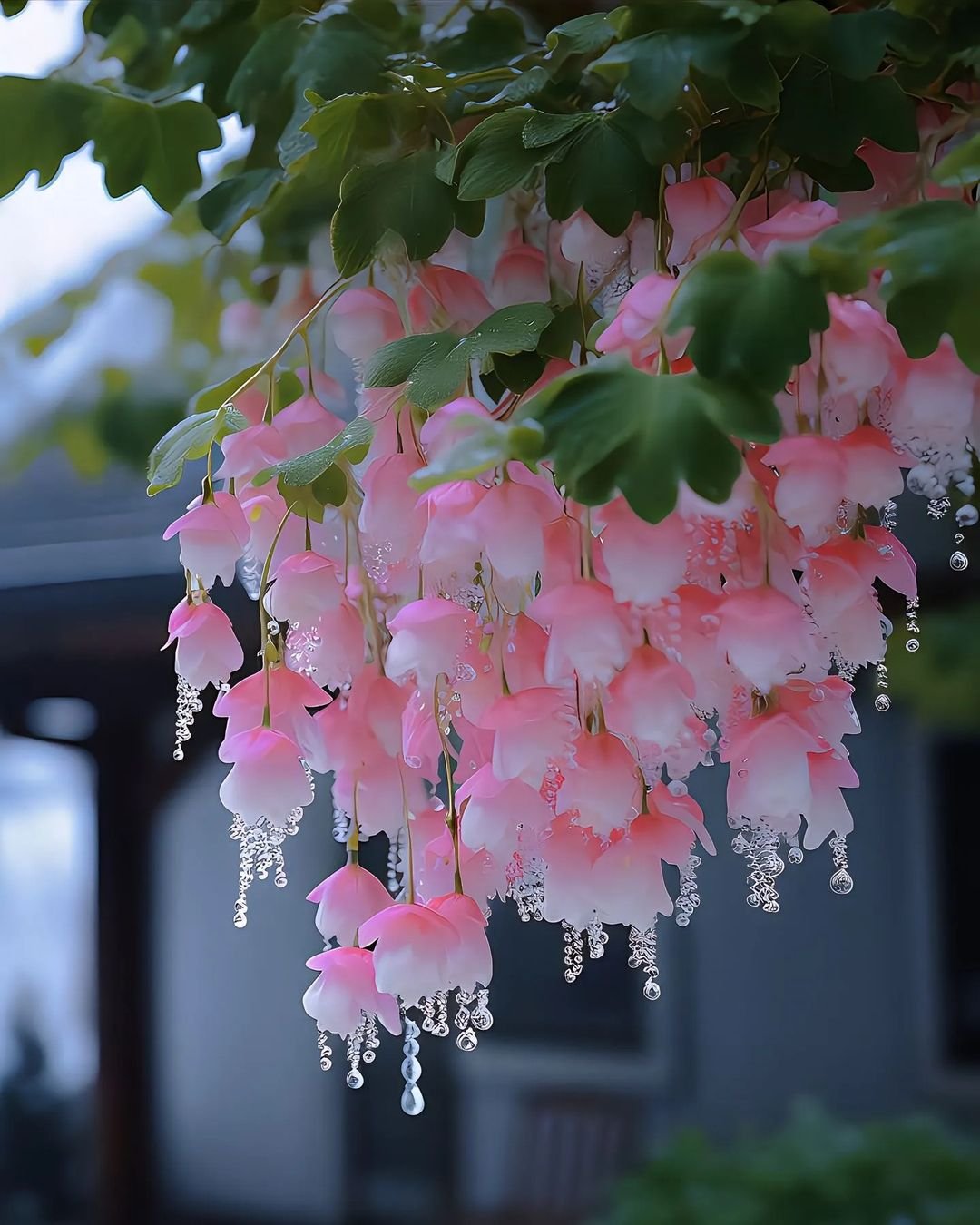
The first step in your begonia-growing journey is selecting the right varieties that suit your climate, space and personal preferences. Here are some popular options to consider:
Wax Begonias
Known for their waxy, colorful flowers and resilience, wax begonias are perfect for outdoor gardens, hanging baskets and containers.
Tuberous Begonias
These stunning plants feature large, double blooms and are often grown as annuals or for their showy foliage.
Cane Begonias
With their upright, cane-like stems and stunning blooms, cane begonias make excellent indoor plants or outdoor border plants in warm climates.
Rex Begonias
Prized for their striking, patterned foliage, rex begonias are primarily grown as houseplants or in shaded outdoor areas.
Growing Conditions
Begonias thrive in specific growing conditions, so it’s essential to provide them with the right environment to ensure their success:
Light
Most begonia varieties prefer bright, indirect light. Direct sunlight can scorch their delicate foliage, while too little light can inhibit flowering.
Temperature
Begonias generally prefer warm temperatures between 65°F and 80°F (18°C to 27°C). Protect them from extreme heat or cold.
Humidity
These tropical plants appreciate higher humidity levels, around 50% or higher. Mist or use a pebble tray to increase humidity for indoor plants.
Soil
Well-draining, slightly acidic soil is ideal for begonias. A mix of peat moss, perlite and compost works well.
Watering and Fertilizing
Proper watering and fertilizing techniques are crucial for keeping your begonias healthy and promoting abundant blooms:
Watering
Begonias prefer consistently moist but not waterlogged, soil. Water them thoroughly, allowing the soil to partially dry out between waterings.
Fertilizing
During the growing season, feed your begonias with a balanced, water-soluble fertilizer every 2-4 weeks. Avoid over-fertilizing, as this can lead to excessive foliage growth at the expense of blooms.
Pruning and Propagation
Pruning and propagation can help maintain the shape and vigor of your begonia plants while also allowing you to create new plants:
Pruning
Remove any dead or damaged stems, as well as spent flowers, to encourage new growth and blooms. Prune leggy plants to promote bushier growth.
Propagation
Begonias can be easily propagated from stem cuttings, rhizomes or leaf cuttings, depending on the variety. This allows you to multiply your plants or share with friends.
Pest and Disease Management
Like any plant, begonias can be susceptible to certain pests and diseases. Here are some common issues and how to address them:
Powdery Mildew
This fungal disease appears as a white, powdery coating on the leaves. Improve air circulation, avoid overhead watering, and use a fungicide if necessary.
Mealybugs and Aphids
These sap-sucking insects can be controlled by introducing beneficial insects, spraying with insecticidal soap or using horticultural oils.
Root Rot
Overwatering and poor drainage can lead to root rot, which can be prevented by using well-draining soil and adjusting your watering schedule.
Winter Care
In cooler climates, begonias may require special care during the winter months:
Overwintering Indoors
For tender begonia varieties, bring them indoors before the first frost and provide them with bright, indirect light and consistent watering.
Dormancy
Some tuberous begonias may go dormant during winter. Allow the soil to dry out and store the tubers in a cool, dry place until spring.
Protection
For hardier varieties, mulch the soil around the plants and consider covering them with frost blankets on especially cold nights.
Growing begonias can be a truly rewarding experience, allowing you to enjoy their vibrant blooms and lush foliage in your home or garden. By following the tips outlined in this ultimate guide, you’ll be well-equipped to choose the right varieties, provide the ideal growing conditions and employ proper watering, fertilizing and maintenance techniques. With a little patience and care, your begonia plants will thrive, adding a burst of color and life to your surroundings for years to come.

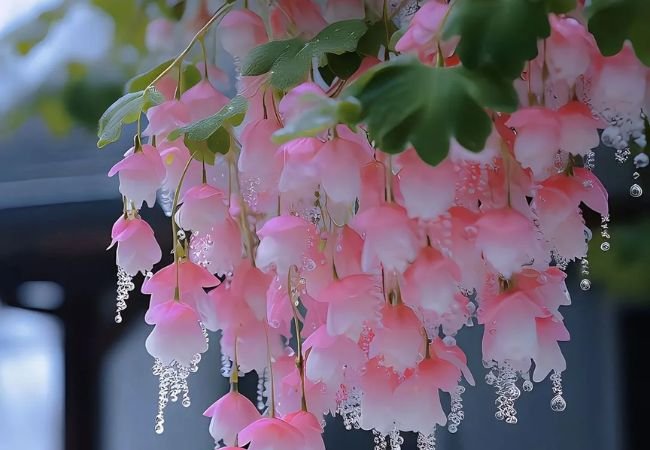
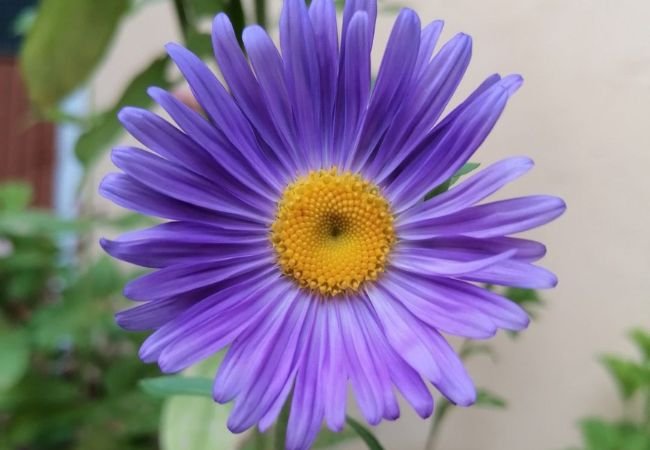
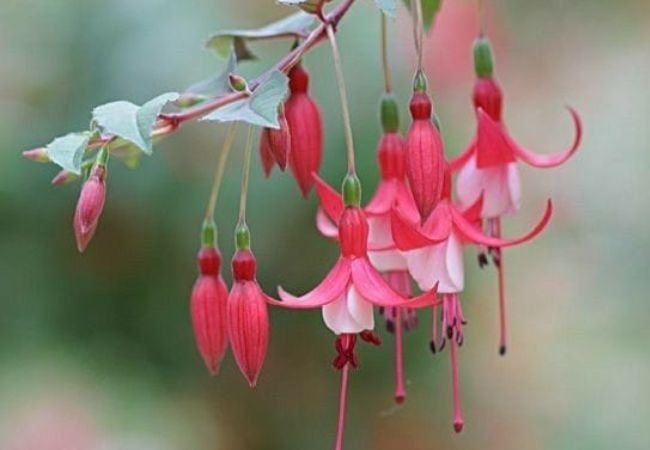
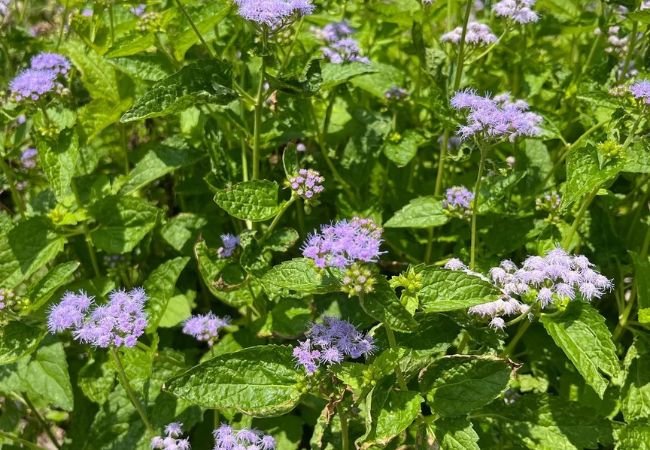
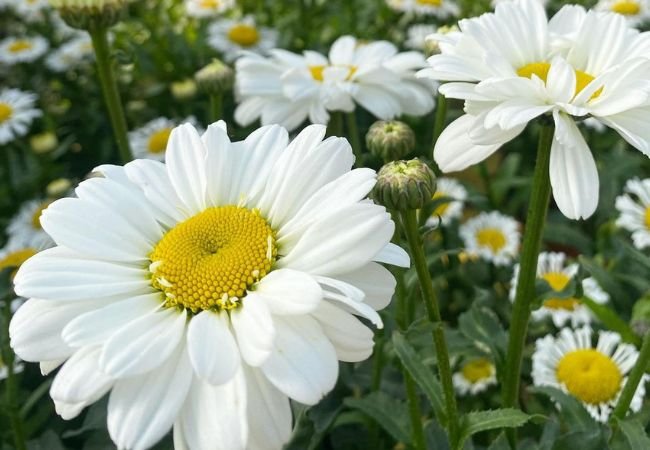
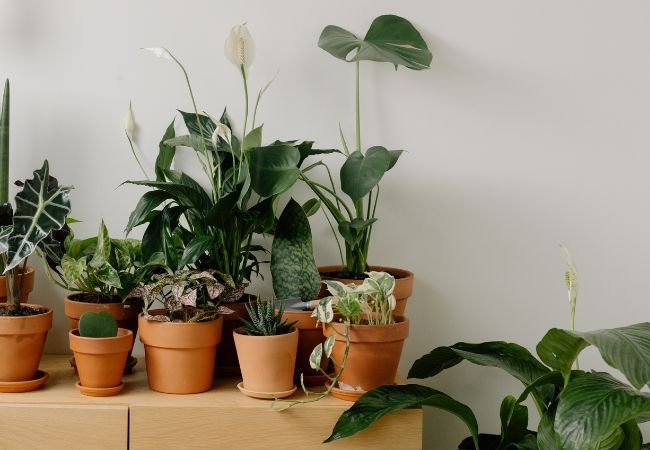
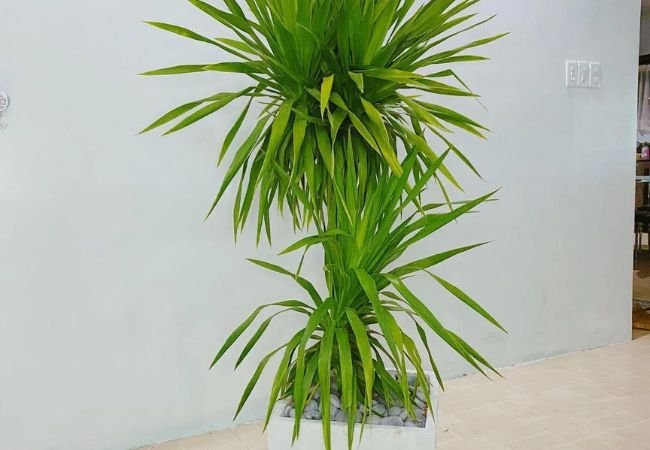
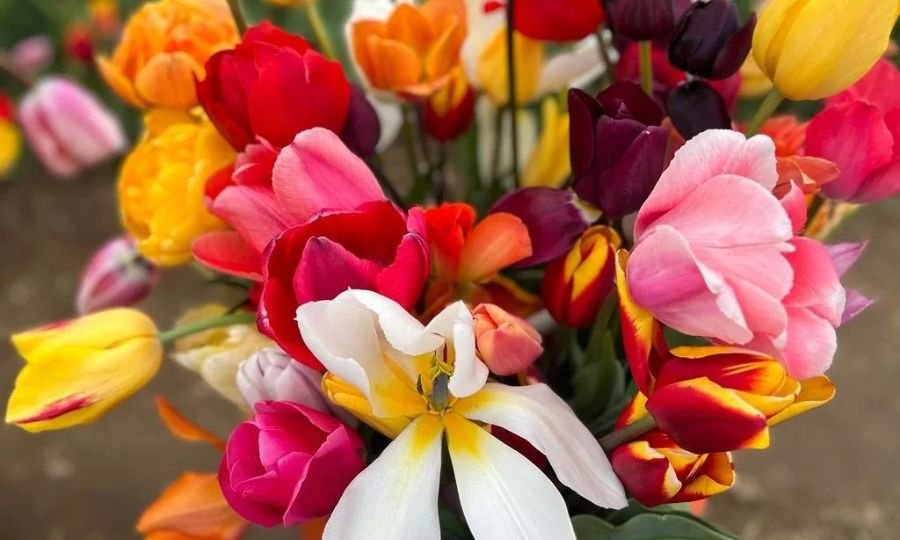
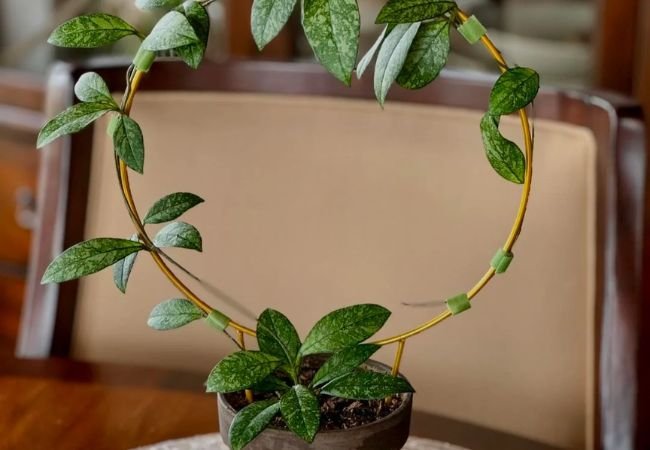
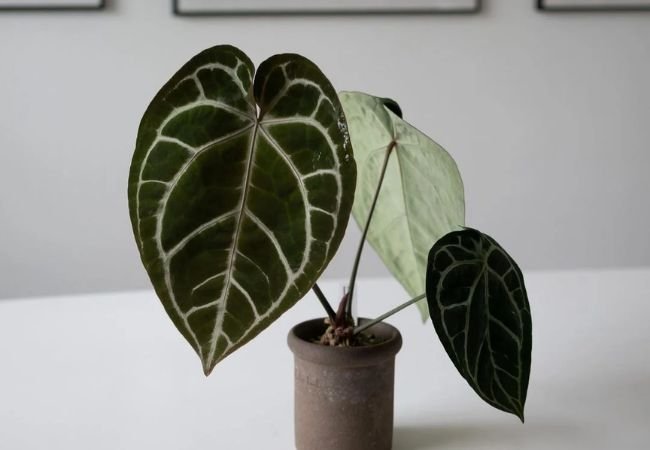
[…] Discover the secrets to cultivating beautiful Begonia in your garden or home. This comprehensive guide covers everything from choosing the right varieties and providing ideal growing conditions to proper watering, fertilizing and propagation techniques. Learn expert tips and tricks to keep your begonias thriving and blooming year-round, while troubleshooting common problems. Transform your space into a vibrant oasis with these beloved, colorful plants. […]
[…] begonias thrive in partial shade, well-draining soil, and require consistent moisture to flourish indoors or […]